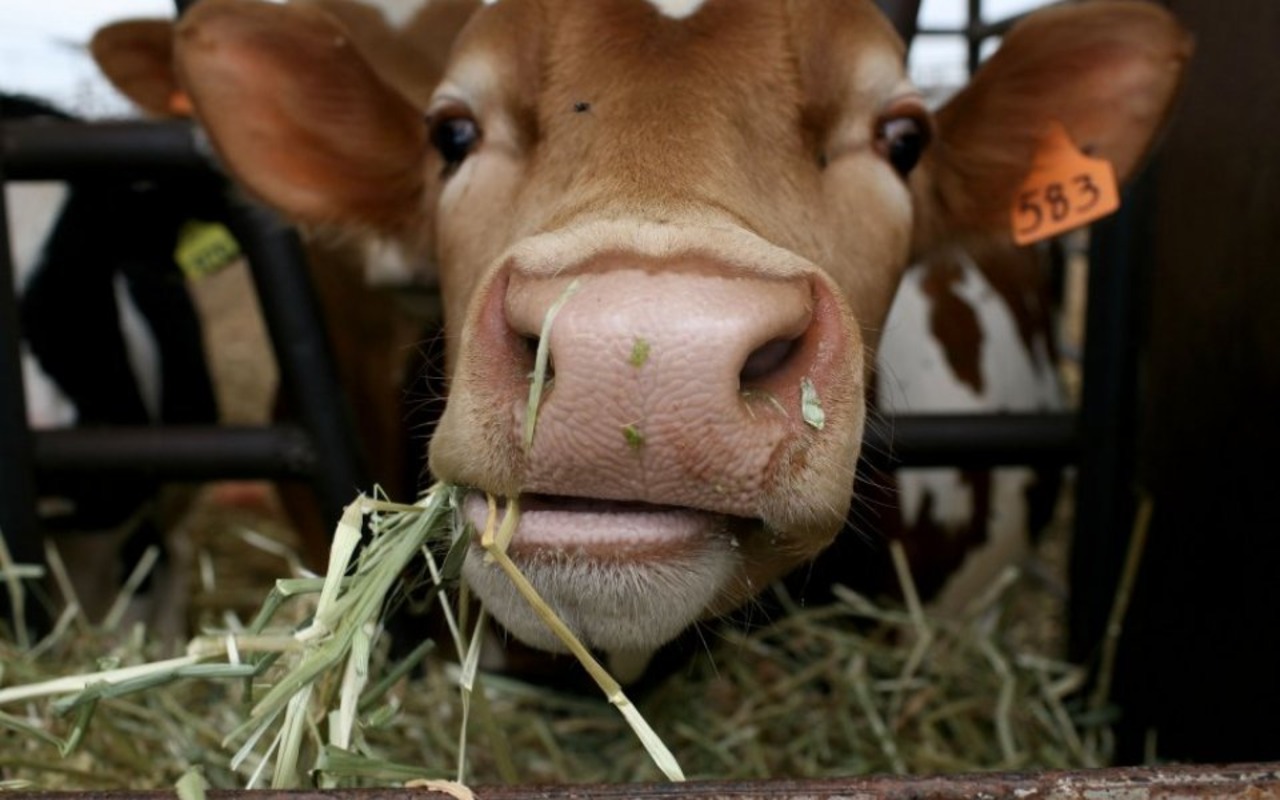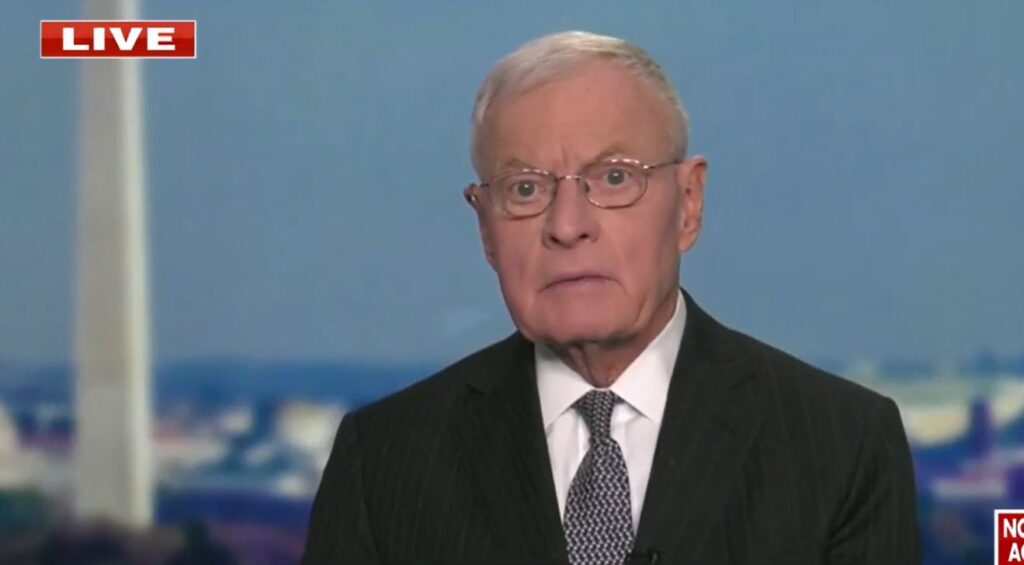Inheritance changes for farmers ‘risks missing the target’ on tax avoidance
"The Budget proposal doesn’t go far enough to stop avoidance, but goes too far in how it applies to actual farms," Dan Niedle, founder of the think tank said


Keir Starmer’s proposed changes to the tax relief on the inheritance of farmland risks hitting farmers more than people using the loophole for tax avoidance, new research suggests.
Analysis from Tax Policy Associates suggests that a third of the estates affected by the Chancellor’s changes are owned by tax-avoiding investors, while the majority are owned by working farmers.
“This suggests the Budget proposal doesn’t go far enough to stop avoidance, but goes too far in how it applies to actual farms,” Dan Neidle, founder of the think tank said.
Farmers were previously able to claim 100 per cent relief from inheritance tax on agricultural land.
However, under measures announced in the Budget, they will have to pay inheritance tax on the value of land above £1m from April 2026, although they will still get a 50 per cent relief.
Rachel Reeves said the measures would “ensure that we continue to protect small family farms”, while also clamping down on tax avoidance.
The Treasury estimated that only a quarter of farms would be impacted, but the National Farmers’ Union (NFU) said that closer to three-quarters of farms were over the £1m threshold.
But Neidle pointed out that the number of farms was not the same as the number of estates which end up paying inheritance tax. “The NFU are measuring the wrong thing,” he said.
He also noted that the threshold at which farmers started paying inheritance tax would, in effect, be nearer £2m. This was due to a range of other tax reliefs, such as the nil rate on residencies passed onto children.

Based on tax receipt data from 2021-22, only 383 estates would have had to pay the levy, which is much closer to the Treasury’s estimate than the NFU’s.
The research also suggests around a third of those estates held AIM shares, which likely indicates that the land is held to benefit from favourable tax treatment rather than for farming.
“Farmers are very unlikely to hold AIM shares…We can be reasonably confident that about a third of these are just people engaging in tax planning, not actual farmers,” he said.
Around 300 more lower-value estates which will continue to be completely exempt from inheritance tax also hold AIM shares, he said.
In short, Neidle said some farmers will “pay too much” while many who are not farmers will keep using farmland as an “IHT planning vehicle”.
In place of the government’s policy, Neidle said that the threshold could be massively increased but that a clawback should be introduced if the land was then sold on.
“Protect real farmers with a complete exemption from inheritance tax (subject to a very large cap, say £20m). At the same time, counter avoidance by clawing-back the exemption if a farmer’s heirs sell the farm,” he argued.
“This could achieve the Government’s aims in a way that’s both fairer and more effective – and plausibly raise about the same amount of revenue.”



